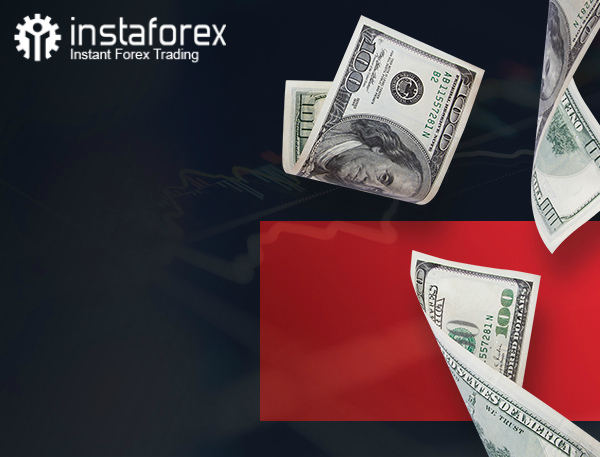If you want to succeed in trading, you need to choose the right conditions for your account. Most brokers offer the following options:
- various currency types: US dollar, euro, ruble, gold, cryptocurrency
- accounts with swap or swap-free;
- leverage from 1:1 to 1:5,000;
- fixed or floating spread.
Let's have a closer look at each parameter.
What deposit currency is better to choose?
When choosing the deposit currency, keep in mind the following:
- Will this currency rise in the longer term? For example, if you expect the US dollar to be strengthening for a long period, then you’d better open a dollar account. In this case you’ll get profit not only from trading but also from the difference in exchange rate.
- How many accounts do you want to open? If there are more than 3 and you can’t decide which currency is better to deposit, then the best way is to open three different accounts: US dollar, euro and ruble, for example.
- How much is the currency conversion fee for deposits or withdrawals? If you are a short-term trader and you deposit or withdraw frequently, then you’d better choose the currency which is used in daily life. For example, the ruble will be the appropriate deposit currency if you live in Russia. In this case you won’t lose much at money transfers.
With or without swap?
To see the pros and cons of a swap-free account and an account with swap, let’s take the features offered by InstaForex as an example.
- An account with swap proves to be advantageous if you trade in the direction of positive swaps. For example, buying 1 Insta lot on NZD/USD will bring you additional profit of 70 cents daily. Besides, 5% annual interest is accrued on active swap accounts every month.
- A swap-free account suits the traders who prefer placing medium-term and long-term positions in the direction of negative swap. For example, you can hold medium-term sell on AUD/USD with no trouble. Additionally, this account type will be good for the traders who use the strategies of locking positions. However, this account type isn’t accrued with interest.
Choosing the leverage
High leverage is not for beginners. They’d better choose 1:10. This leverage will keep you within the risk boundaries and will insure against reflexive mistakes which can occur when you enter the market. For example, with a $1,000 deposit, you protect yourself from unplanned losses if you miss a dot when placing a 0.5 lot on EUR/USD and instead of that an order of 5 lots is placed. Low leverage will just prevent this from happening as the margin for opening a 5 lot position is more than $10,000.
Fixed or floating spread?
I have repeatedly said that fixed spread has its benefits.
- Firstly, slippages can be practically ruled out;
- Secondly, spread doesn’t expand when liquidity falls;
- Thirdly, overprotection allows giving a close assessment of risks and consequently it helps to keep to the money management principles.
Hope that my tips will help you to choose the right features for your account.









